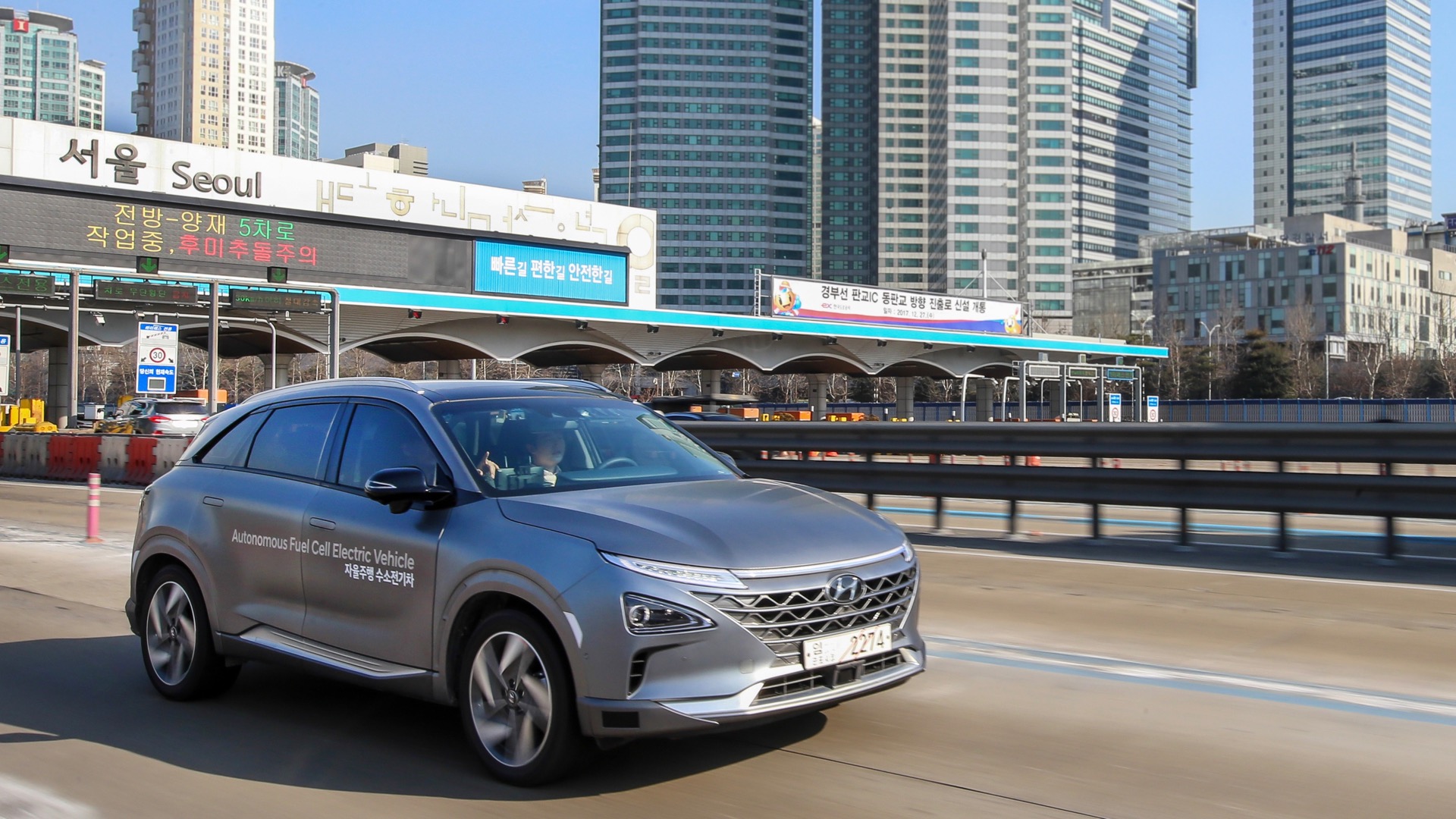

The fatal accident involving an Uber self-driving car in Arizona is already sending shockwaves through the industry. Responding to news of the crash, a Hyundai executive told Reuters that the Korean automaker will take a more conservative approach to deploying autonomous cars.
Because of safety concerns, Hyundai is “cautious about mass producing self-driving cars,” Yoon Sung-hoon, a director at the automaker, said in an interview with Reuters. He said Hyundai is taking more time to develop autonomous cars than some of its rivals because of a greater concern for safety.
“When we evaluated other companies [sic] vehicles, they had more relaxed safety standards,” he said, adding that “no one knows under what situation accidents will occur.”
Hyundai previously said that it would launch autonomous production cars in 2021, but they would be limited to so-called “smart cities” with supporting infrastructure. Large-scale deployment would occur in 2030, according to Hyundai’s original plan.
The company is also working with U.S. startup Aurora Innovation on autonomous-driving tech. It’s unclear how the Uber self-driving car crash will affect those plans.
While Hyundai is currently testing prototype self-driving cars and has conducted high-profile public demonstrations at CES 2017 and the 2018 Winter Olympics, the Korean automaker is has proceeded more slowly than rival automakers like Ford, General Motors, and Nissan, or tech companies like Uber.
The fatal crash, in which an Uber self-driving car struck a pedestrian pushing a bicycle across a street in Tempe, Arizona, may lead other companies to reevaluate their autonomous-car programs. Like Hyundai, companies may want to slow down test programs to ensure a greater margin of safety. But all companies will have to deal with regulators and members of the public expressing newfound concerns about autonomous cars.